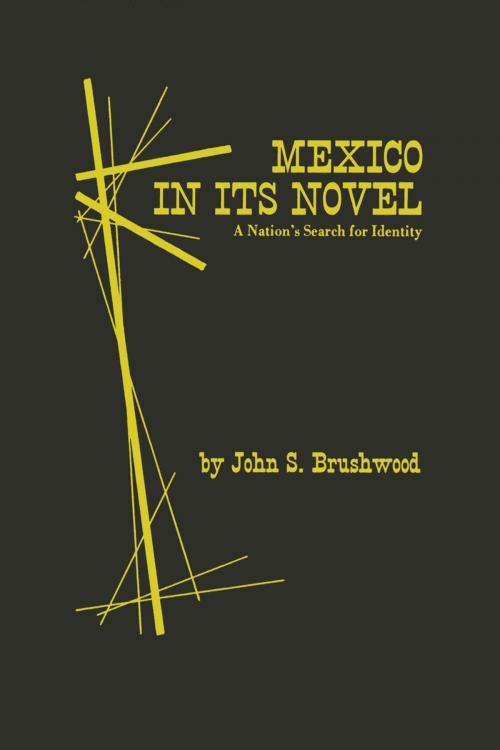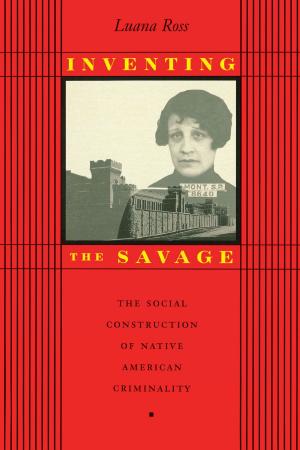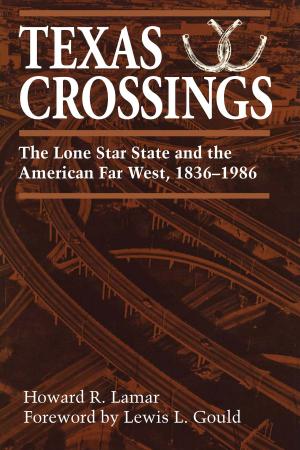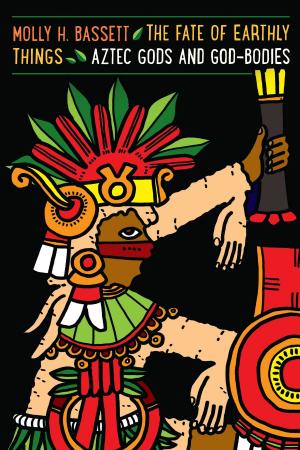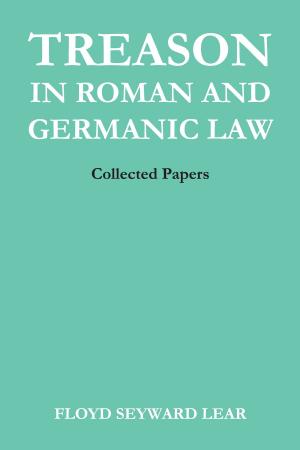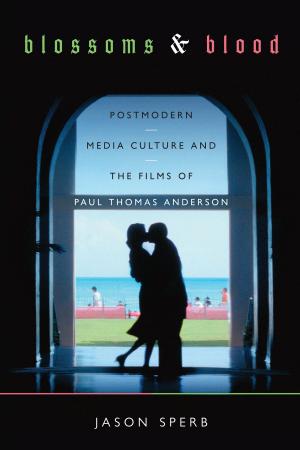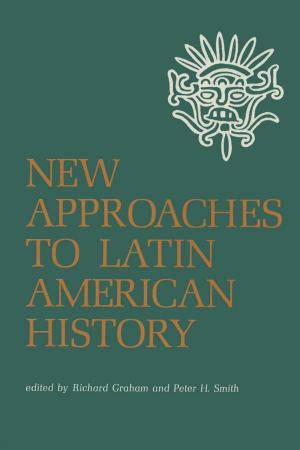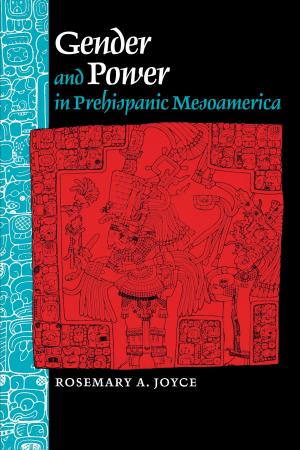Mexico in Its Novel
A Nation's Search for Identity
Fiction & Literature, Literary Theory & Criticism, Central & South American| Author: | John S. Brushwood | ISBN: | 9780292771420 |
| Publisher: | University of Texas Press | Publication: | June 23, 2014 |
| Imprint: | University of Texas Press | Language: | English |
| Author: | John S. Brushwood |
| ISBN: | 9780292771420 |
| Publisher: | University of Texas Press |
| Publication: | June 23, 2014 |
| Imprint: | University of Texas Press |
| Language: | English |
Mexico in Its Novel is a perceptive examination of the Mexican reality as revealed through the nation's novel. The author presents the Mexican novel as a cultural phenomenon: a manifestation of the impact of history upon the nation, an attempt by a people to come to grips with and understand what has happened and is happening to them. Written in a clear and graceful style, this study examines the life of the novel as a genre against the background of Mexican chronology. It begins with a survey of the mid-twentieth-century novel, the Mexican novel which came of age in the period following the 1947 publication of Agustín Yáñez's The Edge of the Storm. During this time the novel resolved some of its most complicated problems and, as a result, offered a wider and deeper view of reality. Having established this circumstance, John Brushwood goes back in time to the Conquest and then moves forward to the twentieth-century novel. Passing from the Colonial Period into the nineteenth century, the author recognizes the relationship between Romanticism and the desire for logical social behavior, and then views this relationship in the perspective of the Reform, an attempt to bring order out of chaos. The novel under the Díaz dictatorship is seen in three different phases, and the last Díaz chapter actually moves into the Revolution itself. The novel during the years of fighting is considered along with the first post-Revolutionary fiction. From that point the developing conflict within Mexican reality itself—a conflict between introversion and extroversion, nationalism and cosmopolitanism—reaches out to seek its solution in the novels of the first chapter.
Mexico in Its Novel is a perceptive examination of the Mexican reality as revealed through the nation's novel. The author presents the Mexican novel as a cultural phenomenon: a manifestation of the impact of history upon the nation, an attempt by a people to come to grips with and understand what has happened and is happening to them. Written in a clear and graceful style, this study examines the life of the novel as a genre against the background of Mexican chronology. It begins with a survey of the mid-twentieth-century novel, the Mexican novel which came of age in the period following the 1947 publication of Agustín Yáñez's The Edge of the Storm. During this time the novel resolved some of its most complicated problems and, as a result, offered a wider and deeper view of reality. Having established this circumstance, John Brushwood goes back in time to the Conquest and then moves forward to the twentieth-century novel. Passing from the Colonial Period into the nineteenth century, the author recognizes the relationship between Romanticism and the desire for logical social behavior, and then views this relationship in the perspective of the Reform, an attempt to bring order out of chaos. The novel under the Díaz dictatorship is seen in three different phases, and the last Díaz chapter actually moves into the Revolution itself. The novel during the years of fighting is considered along with the first post-Revolutionary fiction. From that point the developing conflict within Mexican reality itself—a conflict between introversion and extroversion, nationalism and cosmopolitanism—reaches out to seek its solution in the novels of the first chapter.
